Gran Turismo 7 may not give players the sense of freedom past entries have, but it does more than enough to be hailed as the best in the franchise. For one, developer Polyphony Digital maximizes the potential of the PlayStation 5 to perfectly immerse drivers into its striking vistas and high-adrenaline racing. More importantly, for the first time in a long time, the series experiments with a barrage of new, innovative game modes.
If I was speaking on any other video game series, this would not mean much. After all, it is an unspoken rule that new iterations are always supposed to separate themselves from predecessors. However, the series has starved itself of transformative features for the better part of two decades. This maddening streak has finally been put to bed with Gran Turismo 7, with its expansive content going beyond the basic concepts of racing. Despite all of this, the game’s pacing ultimately ruins what would have been a blowout victory.
A masterclass in adapting to a new generation

Previously believed to only be found in action adventures and shooters, there is an unexplainable sense of power when stepping on the gas inside of one of the 424 cars in Gran Turismo 7. This feeling could come from the basic thrill of going fast, but it is not that simplistic. This is because Polyphony does more than make cars feel like objects getting you from point A to point B. Instead, the driving delivers such an astounding degree of detail that each car comes across as a mechanical beast with complex inner and outer workings.
As a result, its driving mechanics reign supreme over the rest of the series. Whether you’re playing with a wheel or a controller, handling is responsive and fluid to the point where exact timing in braking and accelerating makes a world of difference in race results. It is to be expected from a racing simulator, but mastering how to use every car’s weight and power to your advantage will have you hooked for hours on end.
You may even find yourself entering events to be mesmerized by the absurd measures of precision to the racing environment. This is most noticeable with the new weather transitions. In one moment a beam of dazing light will reflect off your car in response to a sunny day. Within just minutes you may begin to see droplets starting to collect on your windshield as a storm begins to brew. Polyphony has even done more than its fair share of research to offer exact virtual replicas of every car’s interior. In short, don’t be surprised if your eyes are more focused on something like the Toyota GR Supra RZ’s glowing all-digital dashboard rather than the road ahead.
Although these stunning characteristics can be discovered on both PS4 and PS5, the current-gen iteration is remarkably cunning in how it evolves with this new hardware. This is most apparent with its use of the DualSense controller. Its Haptic Feedback vibrations are utilized here better than any other game on the platform, as the diverse roars of car engines can be felt pulsing throughout your palms. Even the Adaptive Triggers supply a degree of submersion, as the added weight requires a tad bit of strength for full-on braking and all-out acceleration.
Be careful what you wish for

Like any other sports simulation, the series certainly has a dedicated, vocal following. This was abundantly clear when longtime fans felt blindsided by how Gran Turismo Sport left out a single-player campaign. In response, Gran Turismo 7 has reincarnated the mode in the form of Gran Turismo Café, a feature led by mostly-fictional car enthusiasts who lend new cars and objectives by way of restaurant menus. These objectives typically only go as far pointing to races you’d probably participate in anyway — but issues with the mode only snowball from there.
Even though Café is a courageous step forward, Gran Turismo 7 makes the grave mistake of tying its first 15 hours exclusively to the mode — blindly confident that fans will enjoy what it has in store above all else. In actuality, it becomes a slap in the face to those who have shown dedicated to the series for years. Much of it consists of tutorial races and brutally long dialogue explaining its already straightforward UI. Even worse, it is soul-crushing that the majority of the game’s glorious features (including Car Customization, Multiplayer, and Brand Central) are locked behind Café. Put plainly, Café acts as if it is the main course, though it could have otherwise been a delightful side dish.
A fresh new coat of features

Once Café eventually eases its grip, the new World Map menu rewards players with a bevy of new game modes. First and foremost, the Tuning Shop deserves a wealth of spotlight for allowing drivers to equip their rides with in-depth car parts, such as tires, brake pads, and weight reductions, among countless others. Each of these will cost players some serious in-game currency, but endlessly experimenting and pairing parts together to upgrade cars will only make you more eager to get back on the track to see the final outcome. It is also welcoming to non-car enthusiasts, lending clear, precise descriptions for each item.
Its car customization options do not stop there. Gran Turismo 7 also introduces GT Auto, a menu carrying dozens of ways to alter the exterior of your cars. This is where players can create and design their own liveries, fix any damage taken during previous races, or add spoilers and skirts to vehicles. Altogether, it combines for a range of customization the series had been missing out on since its inception and makes for a potentially greater bond between you and your car collection.

The game also features three different routes of buying cars: Used Car Dealership, Brand Central, and Legend Cars. Brand Central outright allows players to buy a majority of the cars available, but its offerings are suspiciously overpriced, borderline scaring drivers into buying the currency with actual dollars. That being said, the Used Car Dealership essentially works as a bargain bin, offering price cuts to a limited number of vehicles daily. For fans of the true classics, Legends Cars is a splendid time capsule full of twentieth century rides that are mostly cheap, yet beloved.
Lastly, there is plenty to do on tracks aside from the standard races. An excellent way to earn currency is through challenge-based modes like Missions and License Center. Both of these are gracious enough to let drivers get behind the wheel of cars they don’t own and also reward dozens of cars to own. These challenges typically span from dirt races, time-trials, to even drifting — each being nice breaks from more competitive events.
The verdict
Gran Turismo 7 does self-sabotage its first impressions with painful roadblocks, but its exceptional eye for detail and improvement should not go unnoticed. Polyphony has not only outdone itself, it has shown that the racing genre has a bright future ahead on new hardware. From flawless gameplay to the treasure trove of excellent new modes, its latest work of art delivers the best racing experience on PlayStation yet.
Final Score:
8.5/10
| + | Simulated racing at its utmost best |
| + | Utilization of new hardware brings life to each ride |
| + | Almost all new game modes send the series to new heights |
| – | Café’s 15-hour introduction is senseless and unnecessary |
| – | The car economy practically begs players to use real currency |
Gamepur team received a PlayStation code for the purpose of this review.

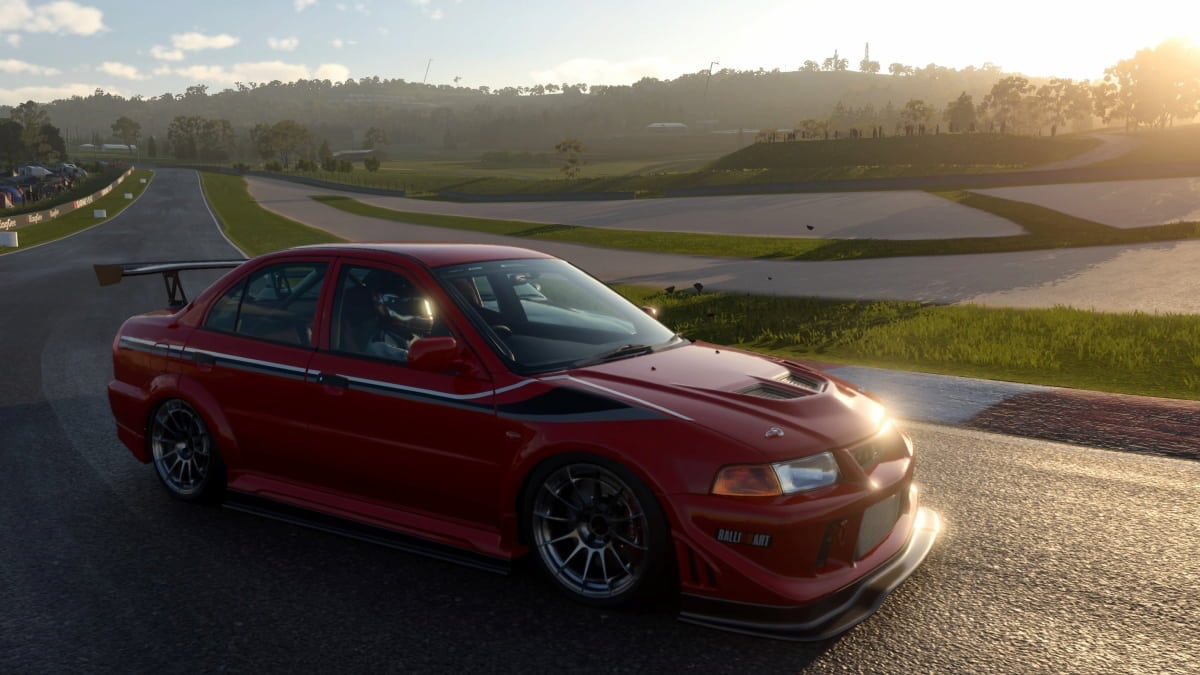
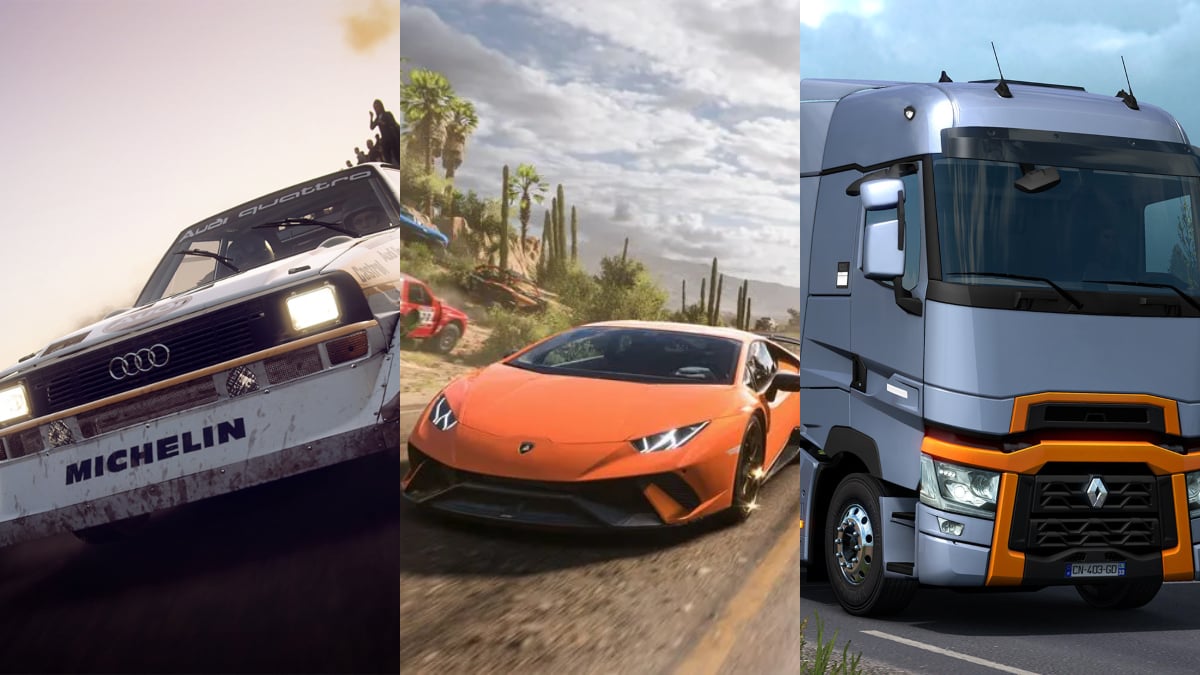
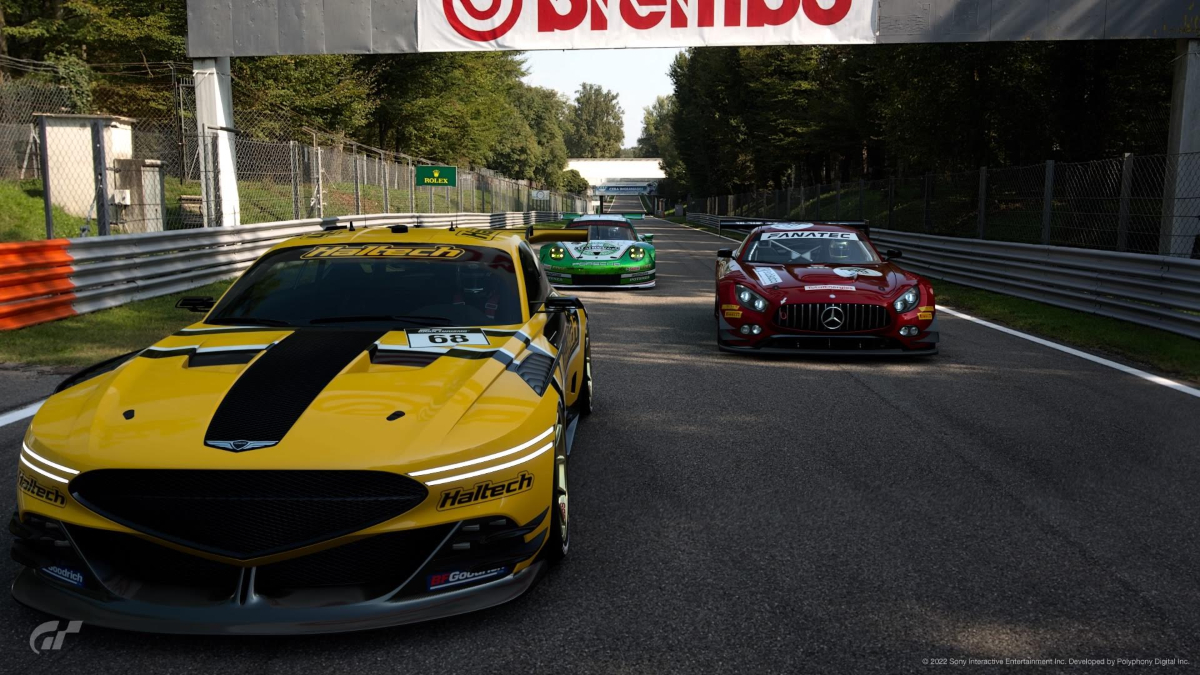

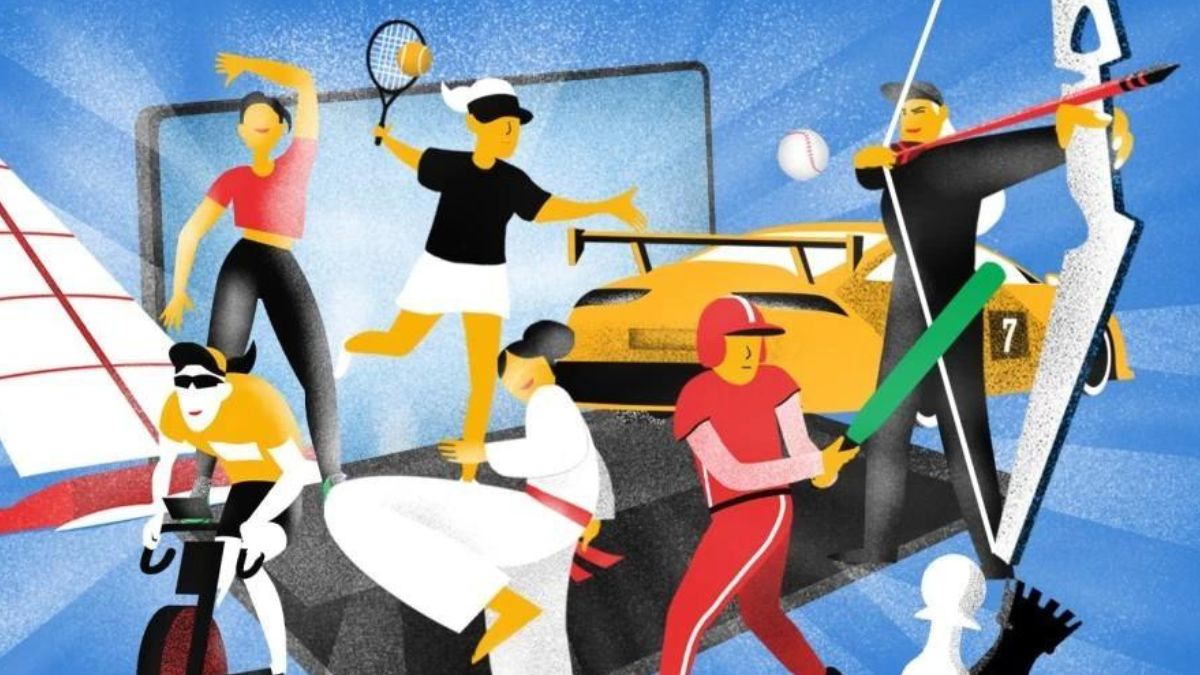
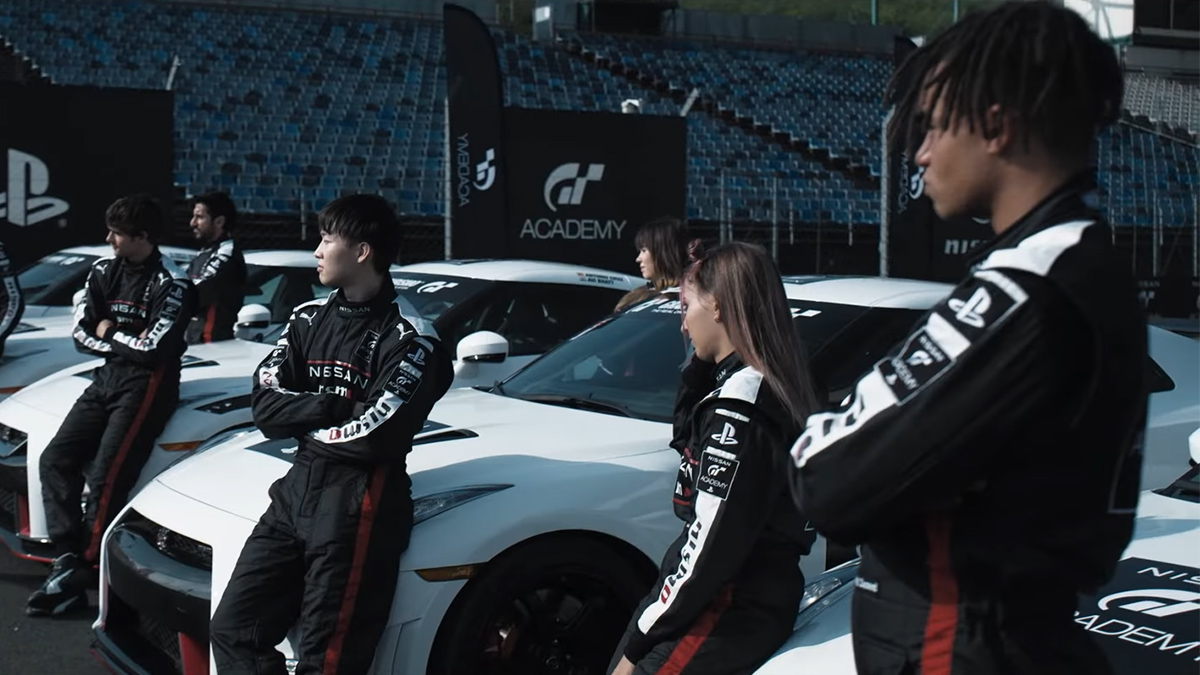
Published: Mar 7, 2022 02:19 pm